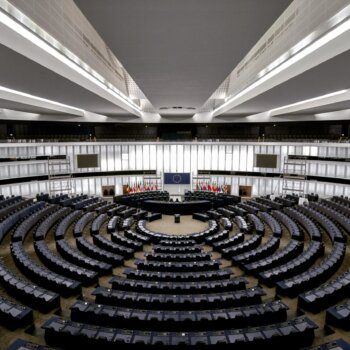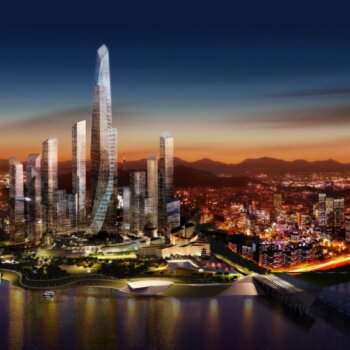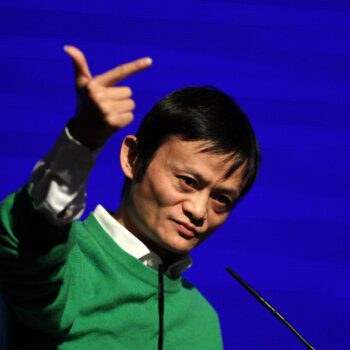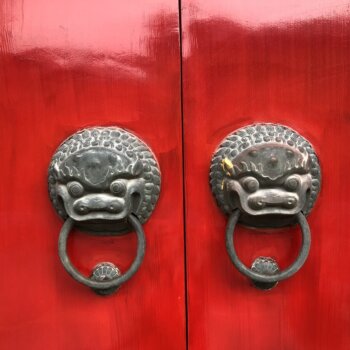Mark Koh grew up in Malaysia and later moved to Sydney for his education. He began his professional career in Sydney, working in the field of finance. Despite this Mark is an entrepreneur at heart. Throughout his life time, Mark has established and tried his hand at several businesses, his entrepreneurial interests were wide ranging; ranging from agriculture to aquaculture. With his wide ranging entrepreneurial experience, he has been able to build his own business experience and vision. After spending 11 years in Sydney, Mark returned to Malaysia. In Malaysia, coupled with his immense business drive and creativity. Mark co-founded Pestle & Mortar Clothing, one of the country’s truly domestic and successful fashion brands.
Mark speaks with the Asian Entrepreneur today, about his experiences in entrepreneurship and his major venture Pestle & Mortar Clothing.
Mark, what are you guys currently working on?
Currently, we are working on rolling out new stores in Kuala Lumpur. In addition, we have serious expansion plans, particularly, we are looking at expanding into Singapore and Australia. Other than this, we are always looking at growing our team and getting our business structure in place, all the way from I.T. to accounting and production.
You mentioned growing the team, how important is company culture for you?
Well, Pestle & Mortar Clothing as a lifestyle brand can only be as good as the team and people behind it. This is what I truly believe in. We design for ourselves and for people like us. Over the years we have created a united group of people working together towards a clear goal and that is ‘to be one of the most respected lifestyle brands in the Asia Pacific region.’ We give everyone, from our management to production crew and interns, the opportunity to share their ideas on innovating our business processes and even the design of our clothes. Our team culture would revolve around being fun, creative, confident, customer orientated and balanced, all of which defines our brand. Competitors can copy a design but it is nearly impossible to copy a culture. This makes the Pestle & Mortar Clothing culture our greatest asset.
Would you say there is a single definition for your brand?
We are always creating, expanding and redefining the brand. We test and try new designs and manufacturing techniques to build on what we have. The idea still remains but the product always changes, just like our lifestyle.
What does your typical day look like?
I’m usually up at 8am and scooter off to the office by 8:45 am, on my Vespa, this is because we lack parking in the office since growth of our team. Coffee fix is number one, I like mine double shot with milk, while I go through my emails. I work best in the morning so I try to power through the pressing items or items I dislike doing on my to do list first, for example, make that phone call, write that plan. I leave the email replying and personal things to after lunch. If I have a lunch meet, my team will do a take away for me from the local shops to save me time.
I have another coffee after lunch along with a quick game of table tennis with the guys . We’ve actually got a table tennis table in the office. I might have meetings in the afternoon with our different teams, so, management guys, project managers or the marketing team to get an update of where we are at with items. I might then go through some numbers, look at stats or do up excel sheets to get a better understanding of the health of the company.
I tend to leave work at about 7 and head straight for sport. That is either crossfit, basketball, soccer or cycling. Some of these are weekly office team events and are part of our company culture. The only day we don’t do sport is a Friday. If I don’t have plans with friends or family my evenings are rather uneventful with me relaxing at home, watching tele, doing a take out, checking emails, prepping my to do list or reading.
How is the actual office environment like?
We work from an amazing office in Damansara Heights. Wanaka the Bungalow is spacious with open space both indoors with lots of sunlight and a very ideal place for pow-wow sessions, photo shoots and of course our events.
Your product has certainly taken off since startup, what do you attribute it to?
It is very simple really, believe in your product. Be your product’s biggest fan and keep persevering through the downs.
Do you guys utilize much online resources, if so which?
Yes. There are several. Inc.com, it’s got great articles and real time stories about real people and companies. Believe it or not, despite what people say about its detrimental effects on productivity, Facebook and Instagram are significant resource pools for us. They are packed with important information and insights about our target market, our fans and market trends.
Any great startup ideas you are willing to share with our readers?
This service, I have in mind, is probably available in Europe but I’ve not seen it yet in Malaysia. So, I cycle quite abit and I usually plan my route around cafes to have good coffee. I would love to see a mobile coffee truck that serves great coffee at ride or run start and end points around the city. It should also sell energy bars, gels, fruit and have a full set of bike tools available, for example a bike pump, chain lube at the very least. I think this would be a pretty good idea.
Connect with Mark and Pestle & Mortar today:
Facebook: http://www.facebook.com/pestlenmortar
Website: http://www.pestlemortarclothing.com/
Email: [email protected]
instagram































